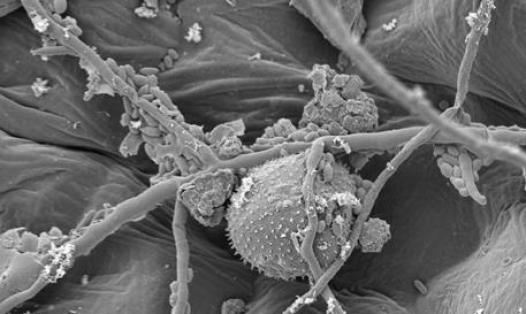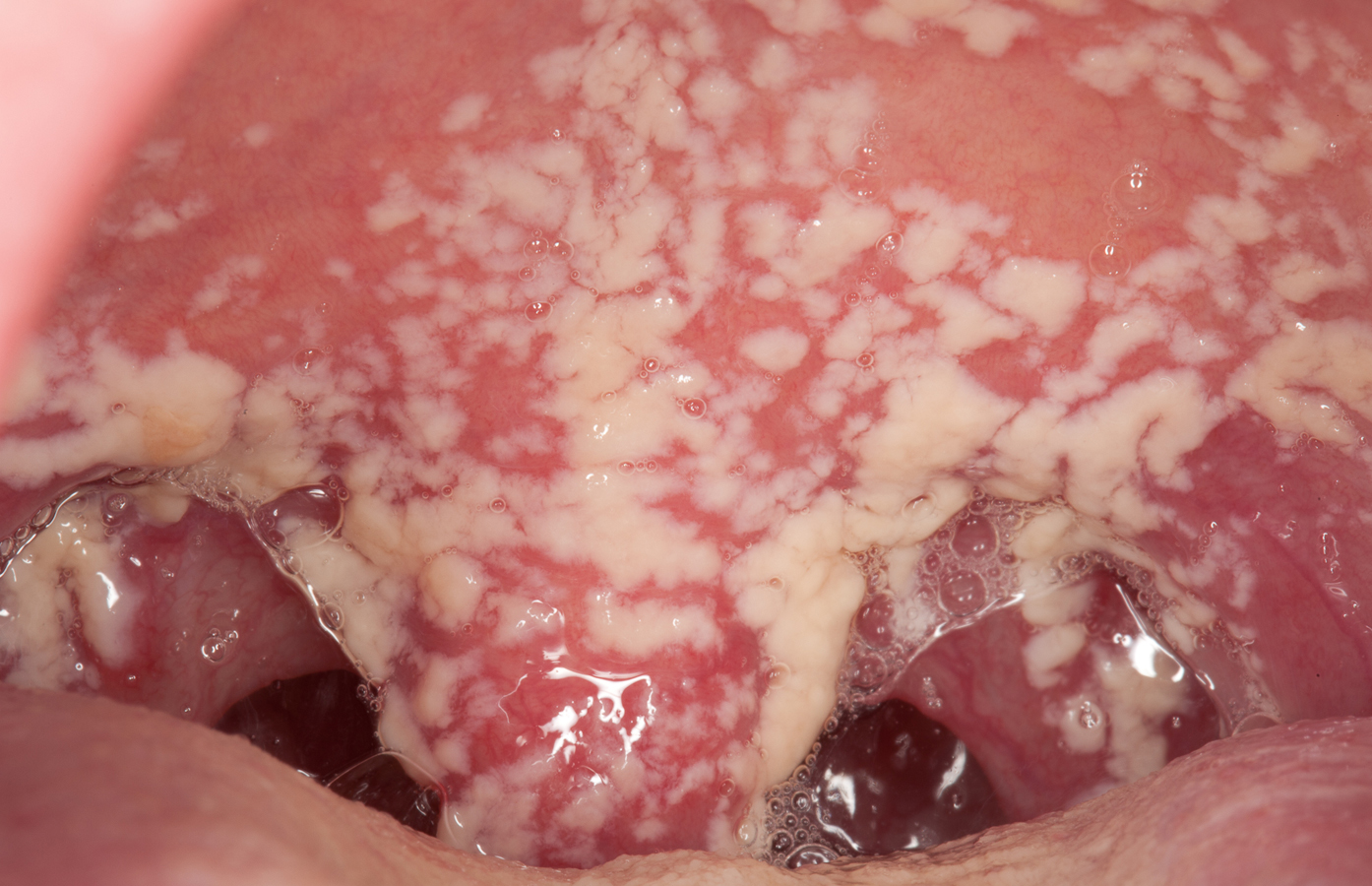
Synthetic community [SynCom] transfer for the...

Pathogenic fungi are a relentless threat to human health and the global impact of invasive fungal infections on healthcare regimens is of major concern. Understanding how fungal pathogens cause disease is of paramount importance. We have identified a novel panel of peptide toxins in several medically relevant fungal pathogens. A cross-disciplinary approach will be used to characterise the role of selected peptide toxins in fungal pathogenicity using a combination of biological, cellular and biophysical techniques. This PhD project will significantly advance our understanding of fungal infections and create future avenues of therapeutic intervention.